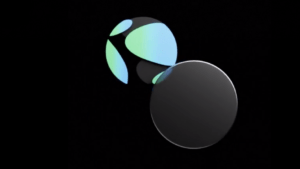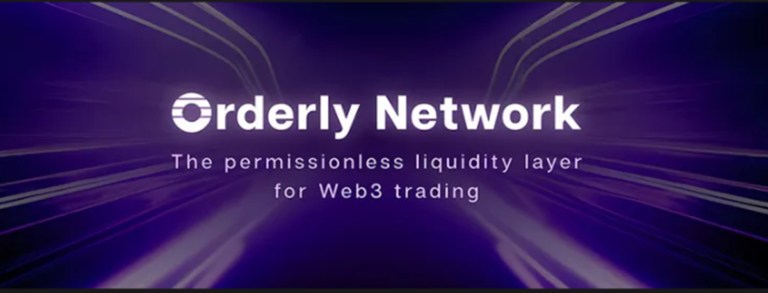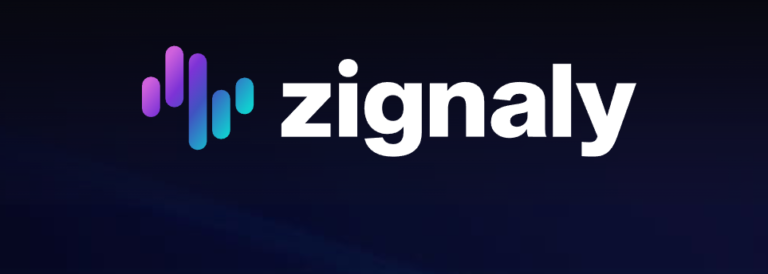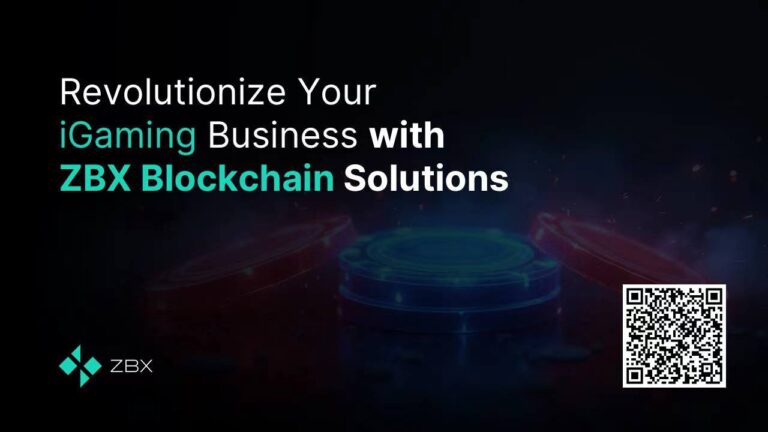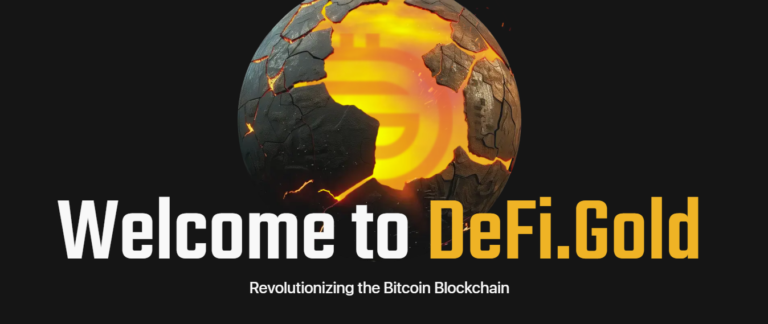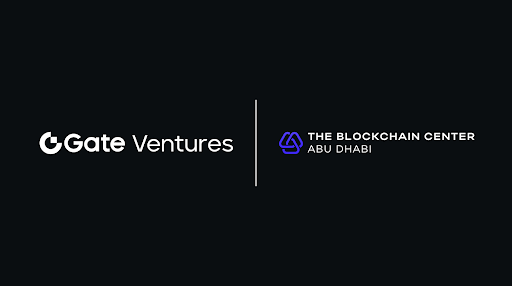- Cardano is set to undergo a significant hard fork named the Chang hard fork, transitioning the blockchain’s ownership from centralized entities to the community.
- This upgrade will make ADA a governance token, allowing holders to vote on future changes.
Cardano, the blockchain network valued at $13 billion, is poised for a transformative hard fork. This significant upgrade, named the Chang hard fork, is expected to take place next week, provided the blockchain achieves a node density of 70%. This milestone means that 70% of Cardano’s validators must upgrade to the new node version, tagged node 9.0, which has been confirmed ready for release by Cardano founder Charles Hoskinson.
Decentralizing Cardano: A New Era
The upcoming hard fork, named in honor of Phil Chang, an early Cardano enthusiast, represents a pivotal moment in Cardano’s evolution. Unlike previous hard forks on other blockchains, such as Ethereum’s shift from Proof of Work to Proof of Stake, Cardano’s Chang hard fork will primarily alter the ownership structure of the blockchain.
Since its inception in 2017, Cardano has been developed and managed by three main entities: the Cardano Foundation, EMURGO (Cardano’s commercial arm), and Input Output Global, a blockchain development company founded by Hoskinson. Post-hard fork, ownership and control will transition from these entities to the broader Cardano community, emulating the decentralized autonomous organization (DAO) model commonly seen in DeFi protocols. Consequently, ADA, Cardano’s native token, will evolve into a governance token, empowering holders to vote on future changes and developments.
Hoskinson emphasized the maturity and progress of Cardano during a Sunday livestream, highlighting the shift from a federated system to a decentralized one. “It’s been almost 10 years and we’ve gone from a static and federated system to a dynamic and decentralized system with best-in-class staking to a really strong smart contract platform,” he remarked. He described Cardano’s governance and strategic plan as “best in class.”
The Chang hard fork is part of Cardano’s fifth-generation blockchain, known as the Voltaire era. This new phase follows the Basho and Goguen eras, which introduced scalability and smart contract capabilities, respectively. With Voltaire, ADA token holders will gain enhanced governance functions, including the ability to delegate voting power and manage the project’s treasury.
As Cardano prepares to decentralize its ownership structure, this hard fork signifies not just a technical upgrade but a profound shift towards community-driven governance. This transition underscores Cardano’s commitment to evolving into a fully decentralized and autonomous network, setting a new standard in the blockchain space.



